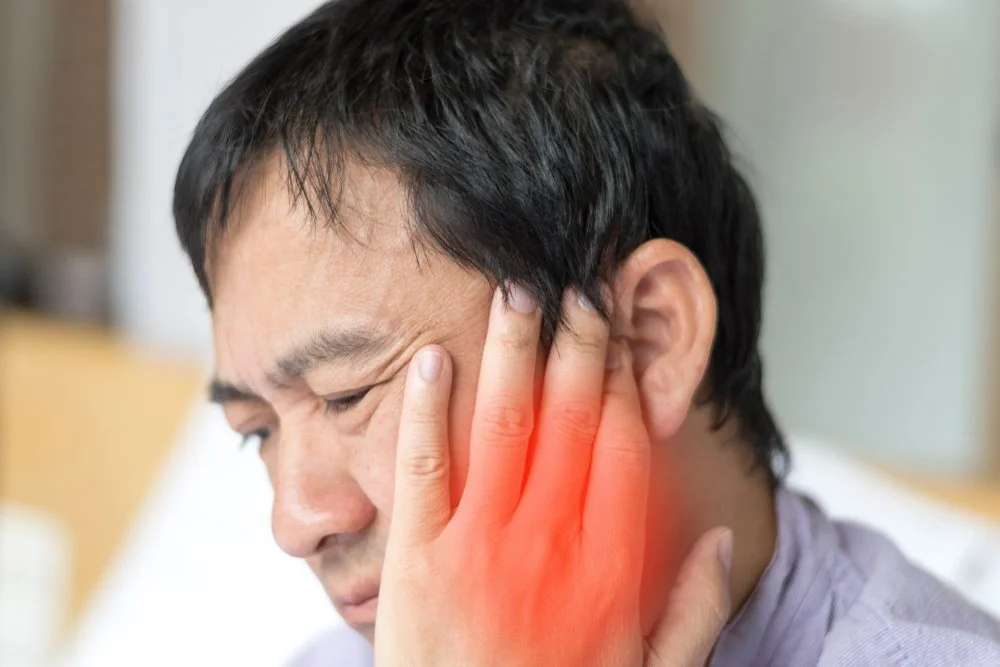How Do Most Emergency Dental Visits Go Like?
So if you break a bone, you go to the hospital. If you cut your finger, you put on a bandaid. What happens when you chip a tooth or face a temporomandibular disorder? You go to the TMJ dentist. Then?
In cases of dental emergencies, as mentioned above, there are certain procedures for the treatment.
We made a list of three things you can expect when being ushered in for an emergency dental procedure. As you might have already guessed, emergency dental visits are different from scheduled appointments. This blog should calm your nerves and prepare you for what to expect.
#1 Expect to Be Attended to Immediately
If you rush to the dental clinic/hospital with an emergency in tow, you won’t have to worry about waiting in line for your turn. Emergency dentists build their routine around the possibility of emergency patients, so it is most likely that they will see you immediately. However, if, by some odd turn of events, the dentist is caught up in an impossible circumstance and your dental emergency is not incredibly severe, they may ask youto wait an hour or two until a dentist is available. Even the nurses will be there to help you deal with the pain and discomfort. Remember that such instances occur only very rarely.
#2 Expect to Go Through an Emergency Dental Exam
Do not confuse an emergency dental exam with a routine dental exam. Regular dental exams are necessary to assess the patient’s general oral health. Your dentist examines your teeth, gums, bite, and adjacent buccal soft tissue during a routine appointment. However, dentists hold an emergency dental examination to determine the exact source of the pain. This helps the dentist figure out the best course of treatment to undertake. Around this time, a nurse will also take note of your medical history along with any and all medication you consume. If your regular and emergency dentist is the one and same, you can confidently skip this step.
#3 Expect Dental Anesthesia or Sedation
For dental or temporomandibular emergencies that come withintense pain or sensitivity, the TMJ dentist will most likely recommend anesthetics or sedatives to numb the pain while examining or treating the affected area.
Even in the absence of painful symptoms, your dentist will almost always carry out any emergency dental treatment under local anesthesia. A lot of people, especially children, also suffer from dental anxiety. In such a case, the dentist may prescribe a mild sedative to soothe your nerves.
During local anesthesia, the nurses will ask about any allergies that you might have. Make sure you answer correctly to avoid ugly post-operative complications.
Expect World Class Dental Care at TMJ & Sleep Therapy Center of Oklahoma City
We promise to offer you world-class dental services at TMJ & Sleep Therapy Center of Oklahoma City. From TMJ dentists to sleep specialists, we have got the most formidable force of doctors and surgeons who line up to take care of you. Schedule an appointment via our website.
**Disclaimer: The information on this page is not intended to be a doctor's advice, nor does it create any form of patient-doctor relationship.

